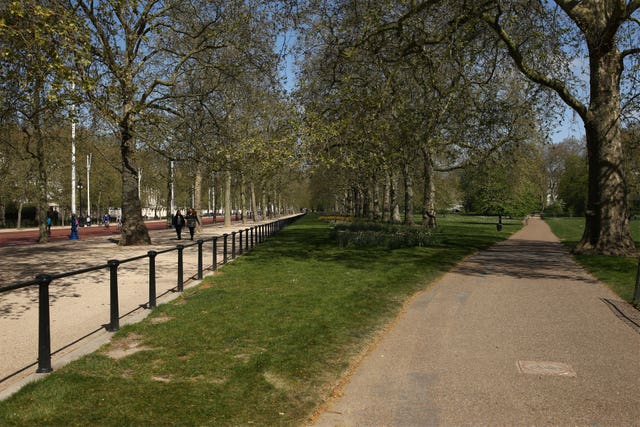
Beekeeping in cities such as London could be threatening wildlife rather than helping it because of a lack of nectar and pollen in urban areas, experts warn.
As part of the Royal Botanic Gardens, Kew’s State of the World’s Plants and Fungi report, scientists reveal the workings of nature, including trees, bees and fungi, to deliver services in urban areas.
But it warns that there is increasing evidence that there is insufficient forage, in terms of flowering plants, shrubs and trees, to support current beehive numbers in London.
This threatens efforts to conserve bees in cities such as the capital, as honey bees can monopolise the flowers and outcompete their wild cousins, while they can also spread disease to them, the scientists warn.
So, beekeeping to save bees could actually be having the opposite effect, the study said.
Professor Phil Stevenson, scientist at RBG Kew said: “This revelation will surprise many who think that keeping bees is a great thing for the environment.

“Unfortunately, it isn’t always the case. The public need to be much more aware of the importance of pollinator diversity and how organisms interact, so that we can conserve all urban wildlife more effectively.”
The study points out the importance of wildlife such as bees to city trees, many of which depend on pollination by animals and which are “unsung heroes of our cities”.
Trees deliver benefits including capturing pollutants, reducing flooding by soaking up rain, lowering temperatures through shading and tackling climate change by storing carbon, and could help with future weather extremes.
But the report said there was a need for more diversity in the city trees that are planted – with sycamore, English oak, silver birch, ash and plane making up a third of trees in London’s parks, gardens, playing fields and streets.
The diversity is needed to help them cope with pests, diseases and climate change, with more exotic species potentially needed.
And city officials need to ensure that trees have good soils, with fungi they rely on to help them grow, so they can survive the harsh city environment with its disturbance, pollution, drought and heat, and deliver important natural services.


Comments: Our rules
We want our comments to be a lively and valuable part of our community - a place where readers can debate and engage with the most important local issues. The ability to comment on our stories is a privilege, not a right, however, and that privilege may be withdrawn if it is abused or misused.
Please report any comments that break our rules.
Read the rules hereLast Updated:
Report this comment Cancel